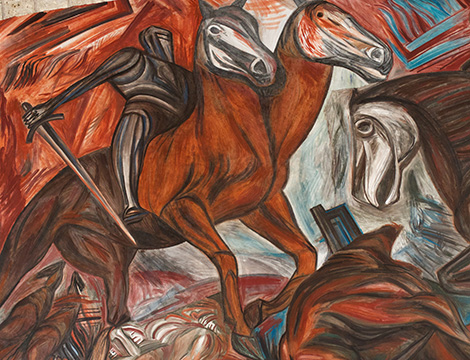
This interview transcript was originally published by by E-International Relations (E-IR) in September 2016.
Elizabeth Shakman Hurd is Professor of Political Science and Religious Studies at Northwestern University. Professor Hurd’s latest book Beyond Religious Freedom: The New Global Politics of Religion (Princeton, 2015) has attracted international attention by framing important debates around what the author believes is a problematic intersection of policy, religion and political interest in global affairs today. In this interview she discusses the implications of her scholarship and where she believes the study of religion in IR is headed.
What motivated you to write your latest book Beyond Religious Freedom?
Beyond Religious Freedom is my response to what I see as a need to rethink how we approach the study of religion and politics in the field of international relations. There’s been a gold-rush mentality lately as scholars scurry to ‘get religion right’ – but many of these efforts are confused, or even troubling. The problem, as I discuss in more detail elsewhere, is that international relations ‘got religion’ but got it wrong. Beyond Religious Freedom encourages scholars to step back from the political fray. It neither celebrates religion for its allegedly peaceful potential nor condemns it for its allegedly violent tendencies. Instead, I propose a new conceptual framework for the study of religion and public life. It accounts for the gaps and tensions that I perceived between the large-scale international legal, political and religious engineering projects undertaken in the name of religious freedom, toleration, and rights, and the realities of the individuals and communities subjected to these efforts.

